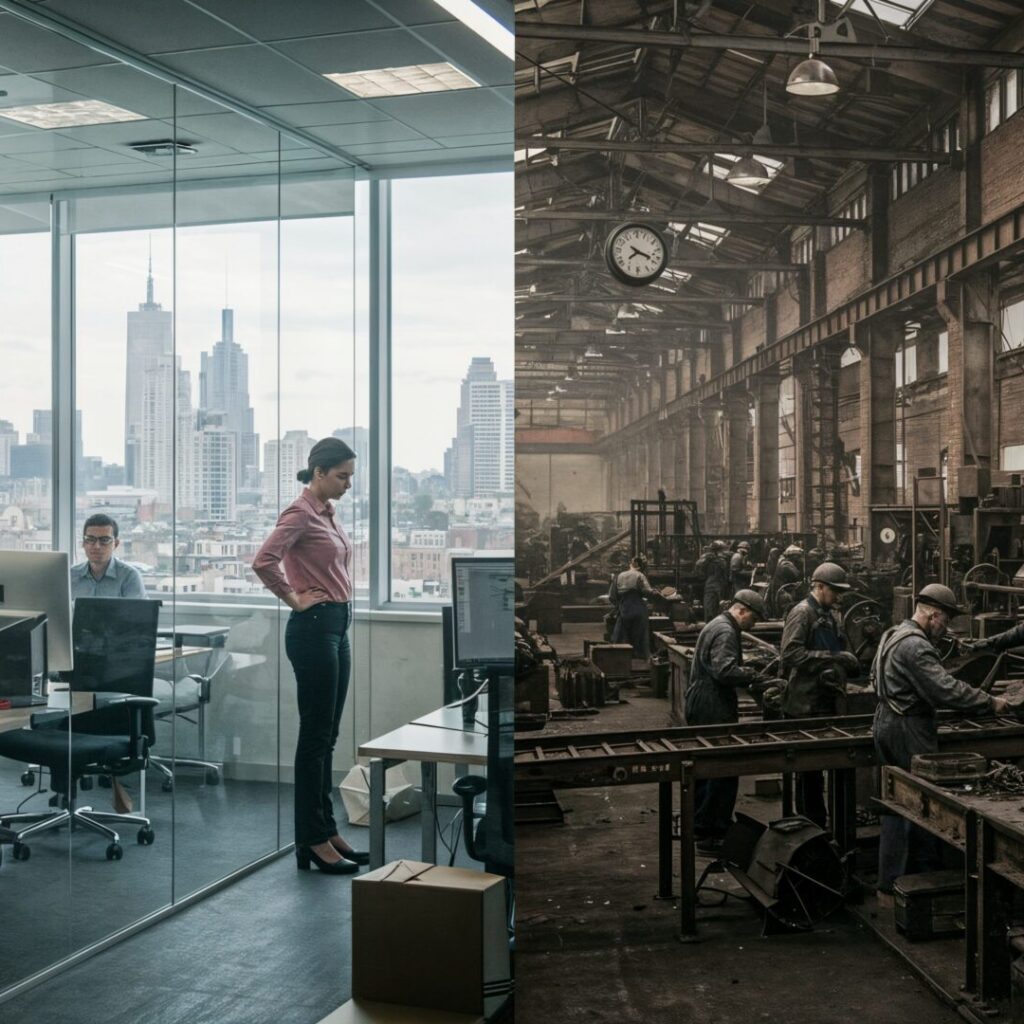The world of work has undergone a seismic shift over the last few decades. From technological advancements to changing economic landscapes, the manpower requirements of the 21st century look vastly different from those of the previous century.
1. Technology-Driven Roles
In the 20th century, traditional labor-intensive jobs dominated industries like manufacturing, construction, and logistics. Today, automation, robotics, and artificial intelligence have transformed these sectors. While machines handle repetitive tasks, the demand for technicians, data analysts, and automation specialists has skyrocketed. Companies now seek a blend of technical proficiency and problem-solving abilities in their workforce.
2. Sustainability and Compliance Focus
With climate change and environmental concerns taking center stage, businesses in industries like energy, construction, and manufacturing are under pressure to meet sustainability goals. This has led to a surge in demand for environmental engineers, sustainability managers, and ESG specialists. Unlike the past, today’s manpower must be equipped to implement eco-friendly practices and ensure regulatory compliance.
3. Globalized Talent Pools
In the previous century, recruitment was often confined to local or regional talent pools. Fast forward to today, and businesses have the advantage of accessing global talent networks. Companies rely on manpower providers like Azan International to source skilled workers from across the world, ensuring the right talent reaches the right place—whether it’s in the Middle East’s oil and gas fields, European manufacturing plants, or Southeast Asian infrastructure projects.
4. Soft Skills Take the Spotlight
While technical skills remain crucial, the modern workplace values soft skills like critical thinking, adaptability, and emotional intelligence. The rise of remote work, cross-functional collaboration, and multicultural teams has heightened the need for effective communication and leadership. Businesses today seek employees who can manage complexity, work across digital platforms, and adapt to continuous change.
5. Specialized and Hybrid Roles
Unlike the more rigid job definitions of the past, modern organizations increasingly require hybrid skill sets. For example, a mechanical engineer might also need proficiency in data analytics, or a logistics manager may require expertise in AI-powered supply chain platforms. Manpower providers now play a key role in identifying and placing candidates with these multidisciplinary competencies.
6. Shorter Skill Lifecycles
The rapid pace of technological change means that skills have a shorter shelf life. Continuous learning and upskilling are no longer optional. Many companies are investing in learning and development programs to keep their workforce future-ready. At Azan International, we collaborate with businesses to ensure candidates are equipped with relevant certifications and industry training.
7. Health, Safety, and Well-being
While workplace safety has always been important, today’s manpower requirements extend to employee well-being, both physical and mental. Companies prioritize candidates with safety training and experience in managing occupational hazards, especially in high-risk sectors like construction, oil and gas, and logistics.
8. Agility and Adaptability
The COVID-19 pandemic demonstrated the need for workforce agility. Companies now value employees who can pivot quickly in response to market disruptions. This agility is not just about technical adaptability but also a mindset of resilience and innovation. Temporary and project-based roles are on the rise, with businesses relying on manpower partners to provide flexible workforce solutions.
9. Data-Driven Decision Making
In a world driven by data, organizations seek employees who can interpret and apply data insights to optimize operations. From predictive maintenance in oil refineries to supply chain optimization in manufacturing, data literacy is becoming a baseline requirement across sectors. Candidates with expertise in data analytics, AI, and machine learning are in high demand.
10. Cultural and Diversity Awareness
Global collaboration and diverse teams are now the norm. Companies prioritize candidates who possess cultural competence and can work seamlessly across geographies and backgrounds. Cross-cultural understanding, inclusive leadership, and multilingual abilities are all valuable assets in today’s workforce.
At Azan International Manpower Solutions, we understand that 21st-century manpower demands are dynamic and multifaceted. Our extensive network and industry expertise enable us to source and deploy talent equipped with the skills, knowledge, and adaptability to thrive in this era of change. Whether you’re looking for specialized technical professionals, sustainability experts, or agile problem-solvers, we’re here to help you build a future-ready workforce.




